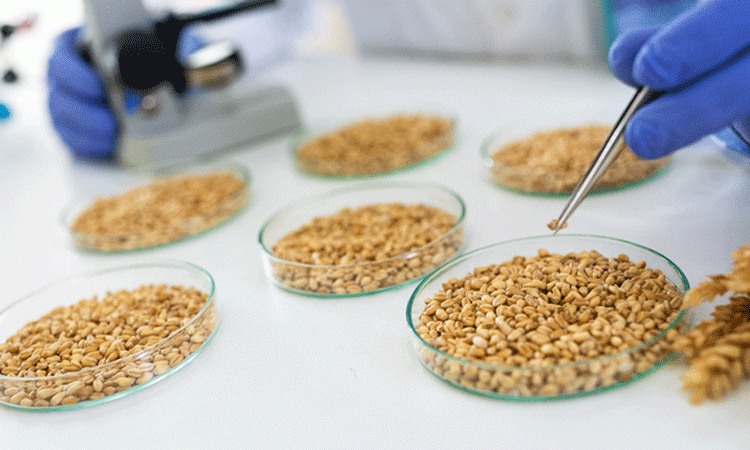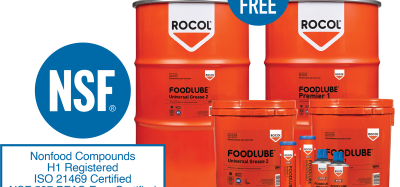Pesticide levels in EU food remain steady
- Like
- Digg
- Del
- Tumblr
- VKontakte
- Buffer
- Love This
- Odnoklassniki
- Meneame
- Blogger
- Amazon
- Yahoo Mail
- Gmail
- AOL
- Newsvine
- HackerNews
- Evernote
- MySpace
- Mail.ru
- Viadeo
- Line
- Comments
- Yummly
- SMS
- Viber
- Telegram
- Subscribe
- Skype
- Facebook Messenger
- Kakao
- LiveJournal
- Yammer
- Edgar
- Fintel
- Mix
- Instapaper
- Copy Link
Posted: 26 July 2018 | Iqra Farooq (New Food) | No comments yet
The report shared results of the 84,657 samples analysed for 791 pesticides, with 96 per cent of the samples being within legal limits.


The latest annual report by the European Food Safety Authority (EFSA) on pesticide residues in food found the vast majority of food eaten in Europe is free from pesticide residues or contains levels within legal limits.
More than 50 per cent of the foods analysed were completely free from any quantifiable pesticide residues, with 96 per cent of the samples were within legal limits.
EU Commissioner for Health and Food Safety, Vytenis Andriukaitus said: “This report confirm the high level of compliance of food on the shelves in the EU. Every year, thousands of food products and controlled by Member States to check the legal limits are being respected.”
The report shared results of the 84,657 samples from 2016 analysed for 791 pesticides, where 81,482 were within the legal limits. In the previous report, samples from 2015 showed 97.2 per cent of samples to be within legal limits, with 53.3 per cent free of quantifiable residues.
This difference is accounted for by the addition of analysing for chlorate residues, to support ongoing work to establish maximum residue levels (MRLs).
Legal limits were exceeded in 2.4 per cent of samples from the EU/EEA countries and 7.2 per cent of those from non-EU countries.
As part of the report, the EFSA analysed the results of the EU-coordinated control programme (EUCP), where reporting countries analyse the same food items for the same pesticide residues.
2016 foods included in the programme were lettuce, leek, apples, strawberries, tomatoes, cow’s milk, rye and head cabbage. The lowest levels of pesticide residues exceeding the legal limit were identified in rye, cabbage and strawberries, with the highest being in apples and tomatoes.
Alongside the food analysis, the EFSA also carried out a short-term and long-term dietary risk assessment, based on results of the EUCP. The results showed health risk to consumers to be low.
Andriukaitus concluded: “We owe it to European citizens to make sure that the EU’s food chain not only remains the most stringent and controlled in the world but is one that we are very serious about continuously improving.”
The EFSA published the report on their website.
Related topics
Contaminants, Food Safety, Food Security, Hygiene, Pesticides








